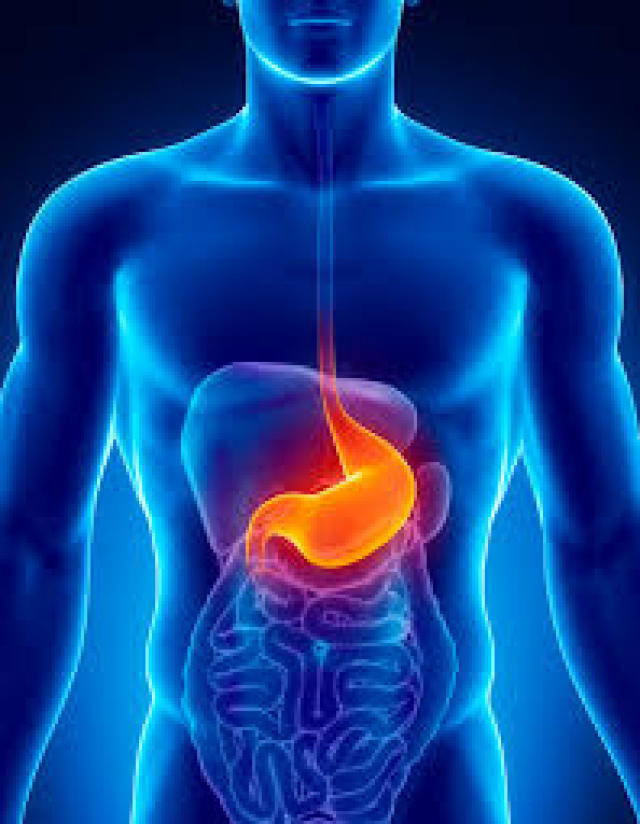Gastroesophageal reflux disease (GERD), also known as acid reflux, is a long-term condition in which stomach contents rise up into the esophagus, resulting in either symptoms or complications. Symptoms include the taste of acid in the back of the mouth, heartburn, bad breath, chest pain, regurgitation, breathing problems, and wearing away of the teeth.. Complications include esophagitis, esophageal stricture, and Barrett's esophagus.
Risk factors include obesity, pregnancy, smoking, hiatal hernia, and taking certain medicines. Medications involved may include antihistamines, calcium channel blockers, antidepressants and sleeping pills. Acid reflux is due to poor closure of the lower esophageal sphincter, which is at the junction between the stomach and the esophagus. Diagnosis among those who do not improve with simpler measures may involve gastroscopy, upper GI series, esophageal pH monitoring, or esophageal manometry.
Treatment options include lifestyle changes; medications; and sometimes surgery for those who do not improve with the first two measures.Lifestyle changes include not lying down for three hours after eating, raising the head of the bed, losing weight, avoiding foods which result in symptoms, and stopping smoking.[ Medications include antacids, H2 receptor blockers, proton pump inhibitors, and prokinetics.

